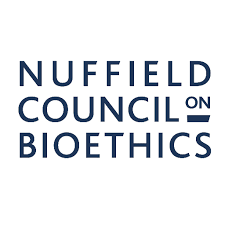 In January 2020, Nuffield Council on Bioethics published the findings of a two year in-depth inquiry into the ethical issues relating to research in global health emergencies. The inquiry was run by an international working group which gathered evidence and experience from many contributors across the globe.
In January 2020, Nuffield Council on Bioethics published the findings of a two year in-depth inquiry into the ethical issues relating to research in global health emergencies. The inquiry was run by an international working group which gathered evidence and experience from many contributors across the globe.
Better evidence about what helps or doesn’t help during an emergency is needed in order to improve the response to global health emergencies. Research conducted during an emergency itself plays a crucial role in obtaining this evidence, and helps support the immediate response, as well as learning for the future.
The aim of the report is to identify ways in which research can be undertaken ethically during emergencies, in order to promote the contribution that ethically-conducted research can make to improving current and future emergency preparedness and response.
The authors make 24 recommendations to ‘duty bearers’ such as research funders, research organisations, governments, and researchers. These are summarised in the call for action. They suggest changes that would align their policies and practices more closely to three core values of fairness, equal respect, and helping reduce suffering. The report presents these values in the form of an ‘ethical compass’ to guide the conduct of the very wide range of people involved in research in global health emergencies.
Find out more and download the report HERE
This work is licensed under a Creative Commons Attribution 4.0 International License


Please Sign in (or Register) to view further.